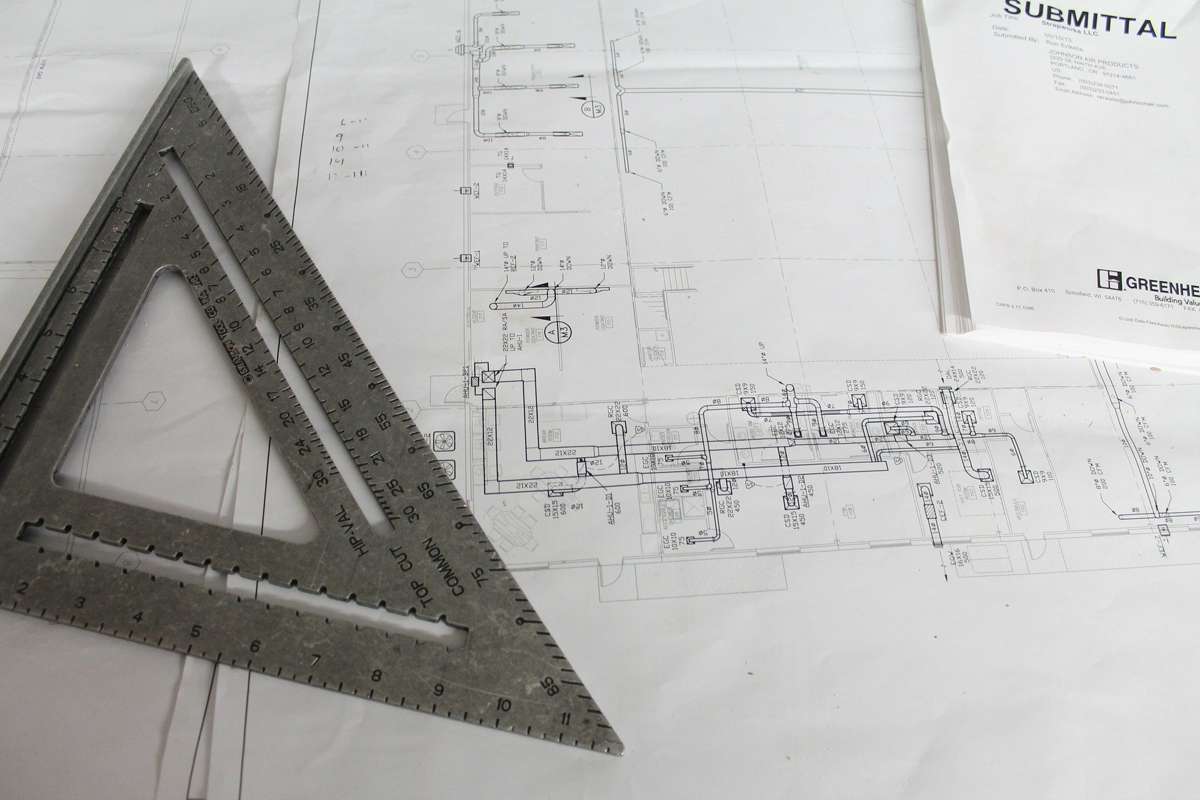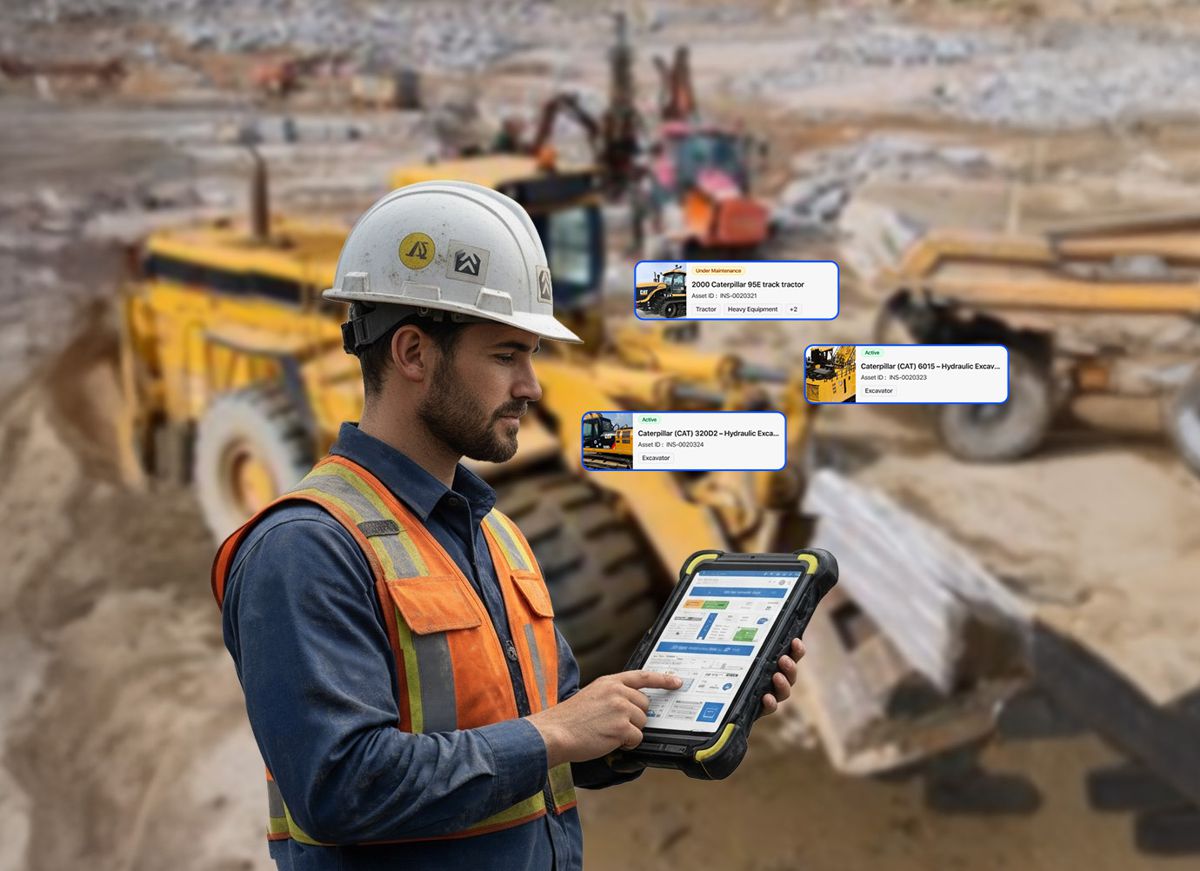Avoid the Headache of Construction Delays with Good Project Management
When compared with other industries, construction has been slow to adopt digital technology. However, contractors and clients alike should consider deploying construction project management software to improve efficiency and prevent construction delays.
Here, we discuss the four main causes of construction delays, as well as the ways project management software can help.
4 Major Causes of Construction Delays
1. Project Financing
Construction projects are typically financed through commercial construction loans, which pay for the upfront costs associated with the project: labour, materials, land development, etc. Because construction loans are considered high-risk, the loan process can take a very long time.
Part of the process of securing a loan is the preparation and organization of financial documents. Project management software with robust file sharing features can help immensely in this regard. Such software creates a central, secure place to store and share documents with sensitive accounting and bank information.
2. Construction Drawings
Before you can break ground, you need to obtain construction drawings from the designer. These include floor plans, as well as designs for electrical and plumbing systems. Drawings go through multiple drafts, and any changes to design will inevitably cause construction delays.
Design is a collaborative process, so project management software that can handle collaboration and file sharing for PDFs, as well as large CAD, DWG, and RVT files is a must-have. Look for software that tracks document changes in real time, archives previous versions, and speeds up document access on mobile devices. Further, the ideal project management solution will include tools that enable communication between internal and external teams.
3. Materials
The global supply chain has suffered greatly during the COVID-19 pandemic, and materials prices reflect this volatility. According to ConstructionDive, the price of iron and steel rose by 15.6% between January 2020 and January 2021; the price of softwood lumber rose an eye-watering 73%. What’s worse, construction suppliers are struggling to fulfil orders on time thanks to shortages of raw materials.
Construction delays caused by materials are nothing new, though the current conditions are extreme. The best bet for keeping a project on track is to keep an eye on materials prices throughout construction. Project management software can help your team track prices against the project budget, as well as keep track of used and available resources.
4. Compliance
Construction is a highly regulated industry. A job that falls out of compliance will face fines as well as delays. Staying on top of compliance with entities like OSHA, EPA, and OFCCP will ensure the project moves forward in a timely manner.
With robust project management software, the construction team will have access to calendars and scheduling for planned audits and inspections. Further, you can track and record incidents like on-site injuries, uploading documentation to a cloud workspace from a mobile device.
Top Construction Project Management Software
Depending on the vendor, construction project management software is deployed either as cloud-based software-as-a-service (SaaS), or on-premise solutions. Read more about the Best Construction Management Software & Tools for 2021 at Project-Management.com.
Article by Michael Bonebright, a digital content editor with 17 years of industry experience. He is accomplished in developing and maintaining brand voice and content strategy. He is a leading
voice on the market forces that affect businesses and consumers, and his expert analysis has appeared in CNBC, Business Insider, CNN, Fox Business, and many more.





























